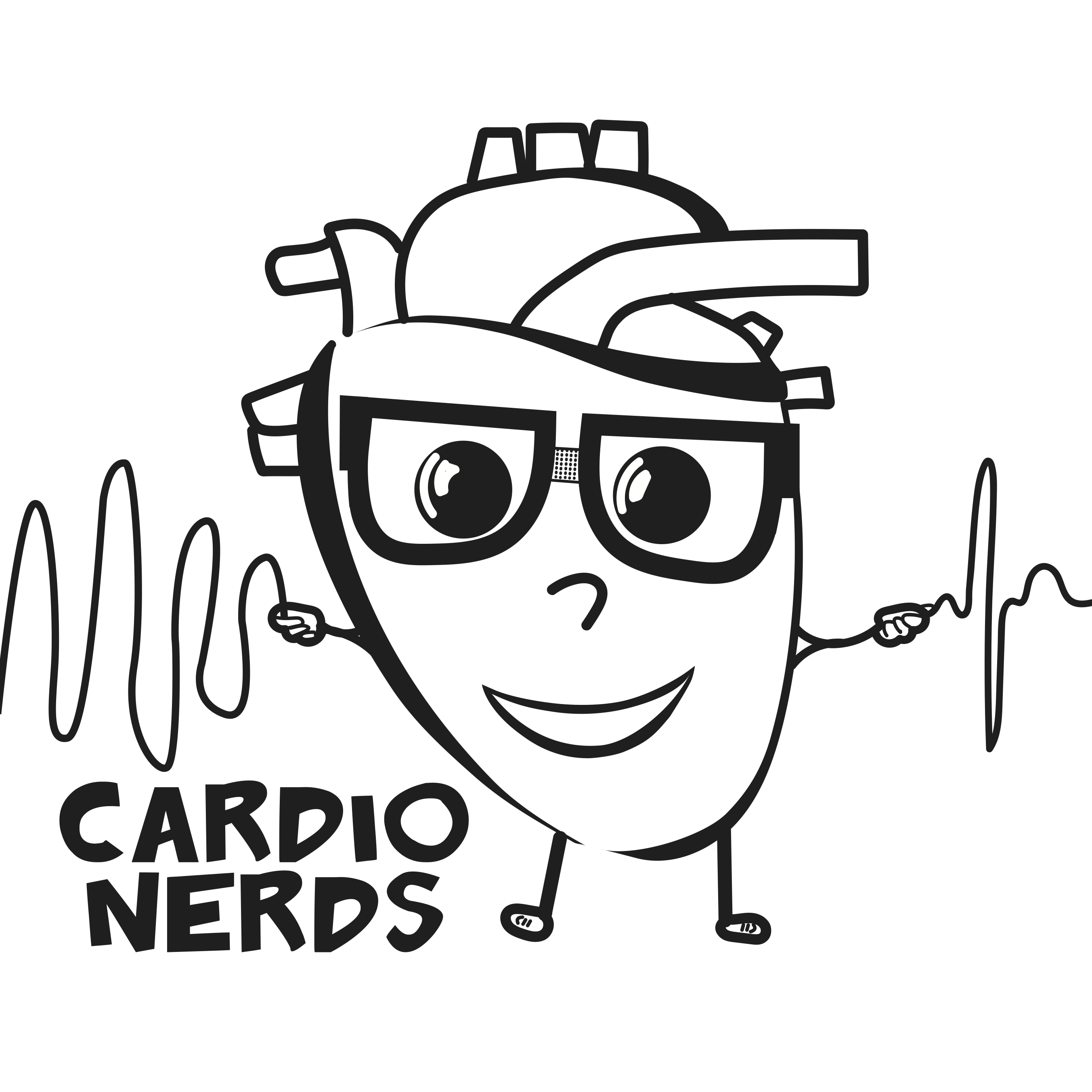365: CardioOncology: Cardiotoxicity of Novel Immunotherapies with Dr. Tomas Neilan

Immunotherapy is a type of novel cancer therapy that leverages the body\u2019s own immune system to target cancer cells. In this episode, we focused on the most common type of immunotherapy: immune checkpoint inhibitors or ICIs. ICIs are monoclonal antibodies targeting immune \u201ccheckpoints\u201d or brakes to enhance T-cell recognition against tumors. ICI has become a pillar in cancer care, with over 100 approvals and 5,000 ongoing trials. ICIs can lead to non-specific activation of the immune system, causing off-target adverse events such as cardiotoxicities. ICI-related myocarditis, though less common, can be fatal in 30% of cases. Clinical manifestations vary but can include chest pain, dyspnea, palpitations, heart failure symptoms, and arrhythmias. Diagnosis involves echocardiography, cardiac MRI, and endomyocardial biopsy. Treatment includes high-dose corticosteroids with potential additional immunosuppressants. Baseline EKG and troponin are recommended before ICI initiation, but routine surveillance is not advised. Subclinical myocarditis is a challenge, with unclear management implications. So let\u2019s dive in and learn about cardiotoxicity of novel immunotherapies with Drs. Giselle Suero (series co-chair), Evelyn Song (episode FIT lead), Daniel Ambinder (CardioNerds co-founder), and Tomas Neilan (faculty expert). Audio editing by\xa0CardioNerds Academy Intern,\xa0Dr. Maryam Barkhordarian.\n\n\n\n This episode is supported by a grant from Pfizer Inc.\n\n\n\nThis CardioNerds Cardio-Oncology series is a multi-institutional collaboration made possible by contributions of stellar fellow leads and expert faculty from several programs, led by series co-chairs,\xa0Dr. Giselle Suero Abreu,\xa0Dr. Dinu Balanescu, and\xa0Dr. Teodora Donisan.\xa0\n\n\n\n\n\n\n\n\n\n\n\nCardioNerds Cardio-Oncology PageCardioNerds Episode PageCardioNerds AcademyCardionerds Healy Honor Roll\n\n\n\n\n\nCardioNerds Journal ClubSubscribe to The Heartbeat Newsletter!Check out CardioNerds SWAG!Become a CardioNerds Patron!\n\n\n\n\n\n\n\n\n\nPearls and Quotes - Cardiotoxicity of Novel Immunotherapies\n\n\n\n\nImmune checkpoint inhibitors (ICI) play a crucial role in current oncology treatment by enhancing T-cell recognition against tumors.\n\n\n\nICI-related cardiac immune-related adverse events (iRAEs) include myocarditis, heart failure, stress-cardiomyopathy, conduction abnormalities, venous thrombosis, pericardial disease, vasculitis, and atherosclerotic-related events.\n\n\n\nICI myocarditis can be fatal; thus, prompt recognition and treatment is crucial.\n\n\n\nManagement includes cessation of the ICI and treatment with corticosteroids and potentially other immunosuppressants. Close monitoring and collaboration with cardiology and oncology are crucial.\n\n\n\nRechallenging patients with immunotherapies after developing an iRAE is controversial and requires careful consideration of risks and benefits, typically with the involvement of a multidisciplinary team.\n\n\n\n\nShow notes - Cardiotoxicity of Novel Immunotherapies\n\n\n\nWhat are immune checkpoint inhibitors (ICIs)?\n\n\n\n\nICIs are monoclonal antibodies used to enhance the body\u2019s immune response against cancer cells. Currently, there are four main classes of FDA-approved ICIs: monoclonal antibodies blocking cytotoxic T lymphocyte antigen-4 (CTLA-4), programed cell death protein-1 (PD-1), lymphocyte-activation gene 3 (LAG3), and programmed cell death ligand-1 (PD-L1).\n\n\n\nICIs can lead to non-specific activation of the immune system, potentially causing off-target adverse events in various organs, including the heart, leading to myocarditis.\xa0\xa0\xa0\n\n\n\nThe mechanisms of cardiac iRAEs are not fully understood, but they are believed to involve T-cell activation against cardiac antigens, which leads to inflammation and tissue damage.\xa0\n\n\n\n\nWhat are the cardiotoxicities related to ICI therapies?\n\n\n\n\nICI-related cardiac immune-related adverse events (iRAEs) include myocarditis, heart failure, stress-cardiomyopathy, conduction abnormalities, venous thrombosis, pericardial disease, vasculitis,